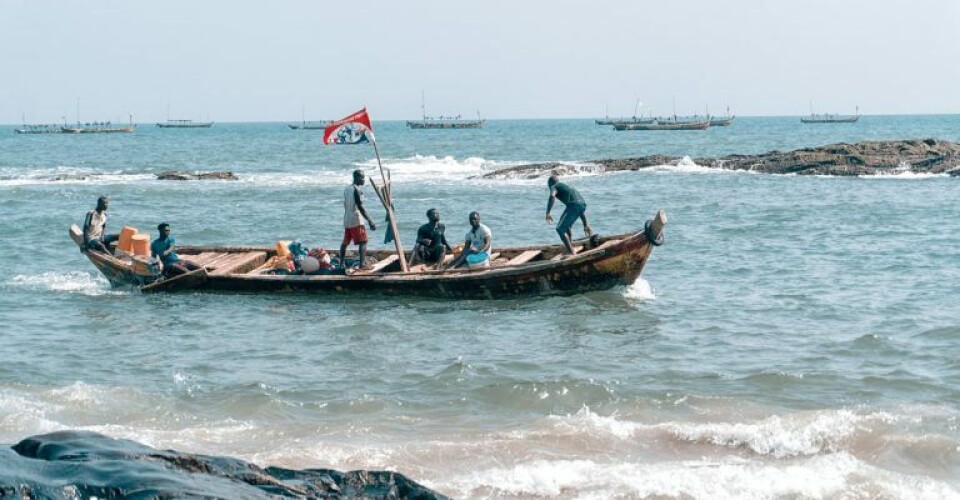Piracy, the Scourge of the Gulf of Guinea

MDAT informed of increased risk and Nigerian Navy better prepared
The Maritime Domain Awareness for Trade (MDAT) has been apprised of an increased risk to shipping in the Gulf of Guinea, reports Dryad Global. Ships transiting the area are yet again advised to implement full hardening and exercise extreme vigilance.
With acts of piracy in the Gulf becoming routine, an unsettling pattern is emerging that necessitates vessels standing well out to sea and maintaining a state of full preparedness. The whole of the Gulf of Guinea is affected, and analysts predict that further attacks are highly likely. The perpetrators are often heavily armed and members of criminal gangs that target petroleum cargoes.
According to the International Maritime Bureau, attacks in the region are at an all-time high and several African nations are involved in combating the threat.
Nigerian Navy ready to engage
Efforts to curtail pirate activity received a boost from the US government which has handed over vital maritime equipment to the Nigerian Navy. Claire Pierangelo, of the US Embassy, disclosed the transfer of the materiel, which was formally handed over in an official ceremony this week.
Rear Admiral Tanko Pani, Nigeria’s Chief Staff Officer, said: “Today, we are witnessing the ceremonial handover of Regional Maritime Awareness Capability (RMAC) equipment and spares to the NN[Nigerian Navy], as part of measures to re-activate and sustain the operations of the RMAC facilities donated to the NN some years ago. This will greatly mitigate the operational deficiencies occasioned by lack of spares in the recent past.” He also said that the US had further enhanced Nigeria’s anti-piracy capability by providing training for Nigerian personnel at US institutions.
Stretching from Senegal to Angola, the Gulf has over 6,000km of coastline comprised of over 20 nation-states. Trade to and from the area is highly significant for the continent and the Gulf’s ports represent essential conduits for imports and exports to and from Central and Western Africa. Maritime crime has a long history in the region, but in the last ten years attacks have become more sophisticated, more tightly focussed, and more brazen and aggressive. Hundreds have been kidnapped and many cargoes lost.
Petroleum is the prize
Refined petroleum has become the booty of choice, (with kidnapping for ransom a lucrative side-line). Gangs have developed the means to grab and to market this valuable commodity, and ‘petro-piracy’ has become the name of the game, costing African nations billions of dollars in lost oil revenues.
Crushing poverty is the norm in much of Africa, and with the benefits of the burgeoning regional oil-trade frequently evaporating due to local corruption, the choices for many are few. Piracy offers some in the region a chance to get more money in a single successful raid that they might make in many years’ work ashore. The stakes are high, as are the risks of being wounded, shot or drowned.
Operating open boats in close proximity to shipping is dangerous enough, add the cover of darkness, rough seas, vessels of dubious seaworthiness and the distinct possibility of a seabourne firefight, and it becomes clear that the pirates consider the potential reward to be worth the considerable risks.










